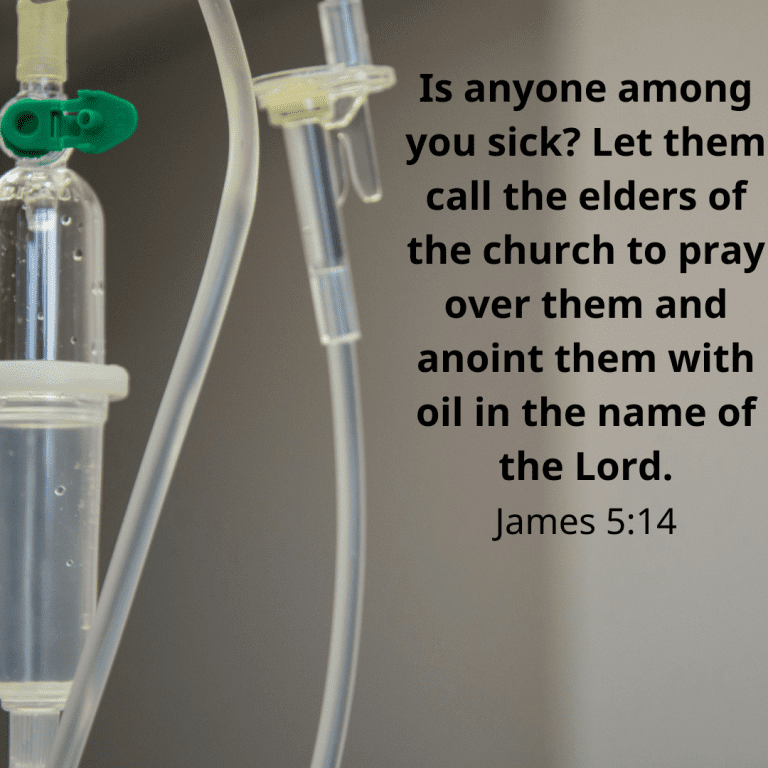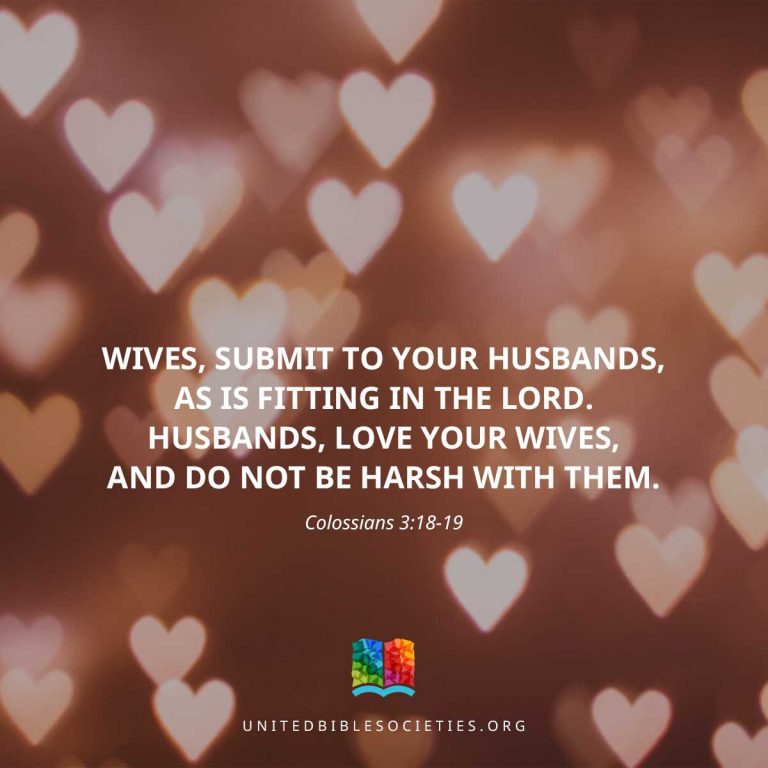Musa la wuluwo
1 Saayiŋ, kewo doo meŋ bota Lewi lasiloo kono, ye musoo futuu, a niŋ meŋ bota lasili kiliŋ. 2 A naata konoo taa, a ye dinkewo wuluu. Kabiriŋ a ye a je ko, dindiŋ kekuuriŋo le mu, a ye a maabo fo kari saba. 3 Kabiriŋ a maŋ a maabo noo kotenke, a ye sinsiŋo taa, meŋ dadaata niŋ baakinti kaloolu la, a ye a muu niŋ manoo la. A ye dindiŋo landi a kono, a ye a ke farasaañaŋolu kono, mennu be Nayili Boloŋo kono. 4 A kotoomusoo loota dulaa jaŋo to, ka a juubee, meŋ be ke la a la.
5 Bituŋ Firawoona dimmusoo taata Nayili Boloŋo to kuwo la, a la dookuulaa sunkutoolu be taamaŋ-taamaŋ na baa daala. A ye sinsiŋo je farasaañaŋolu kono, bituŋ a ye a la jommusu doo kii, ka taa a kamma. 6 A ye a yele, a ye deenaanoo je. A be kumboo la, aduŋ a naata balafaa soto a ye. A ko, “Ñiŋ mu Hiburunkoolu* le la deenaanoo ti.” 7 Wo to le deenaanoo kotoo keebaa ye Firawoona dimmusoo ñininkaa ko, “Fo ŋa taa Hiburu musu kiliŋ kamma naŋ, ka deenaanoo suusundi i ye baŋ?” 8 A ye a jaabi ko, “Haa, taa.” Bituŋ sunkutoo taata deenaanoo baamaa kamma naŋ. 9 Firawoona dimmusoo ko a ye ko, “Ñiŋ deenaanoo taa ka a suusundi n ye, aduŋ m be i joo la le.” Bituŋ musoo ye deenaanoo ñiŋ taa, ka a topatoo. 10 Kabiriŋ dindiŋo menta, a ye a samba Firawoona dimmusoo yaa, aduŋ a keta wo dinkewo ti. A ye a toolaa Musa le la, ka a fo ko, “Ŋa a bondi naŋ jiyo le kono.”
Musa kanata, a borita Midiyani
11 Luŋ kiliŋ kabiriŋ Musa menta, a taata a fansuŋ moolu Hiburunkoolu yaa, a ye ì juubee, ì ka dookuu koleŋo meŋ ke. A ye Misirankoo je, a ka Hiburunkoo buutee. 12 Kabiriŋ a ye a ñaa fayi ñiŋ maafaŋo la, a maŋ moo je, a ye Misirankoo faa, a ye a saareŋ bankoo kono. 13 A saamoo a taata, a ye a je, Hiburunka fula be keloo la. Meŋ boyita, a ko wo ye ko, “Muŋ ne ye a tinna, i ka i mooñoo Hiburunkoo lipa?” 14 Keendiŋo ko, “Jumaa le ye i ke maralilaa ti, ka kiitiyo teyi ǹ teema? Fo i lafita m faa la le ko i ye meŋ ke Misirankoo la baŋ?” Bituŋ Musa silata. A ye a miira ko, a ye meŋ ke, a lonta le.
15 Kabiriŋ Firawoona ye ñiŋ moyi, a ye a kata ka Musa faa. Bari Musa borita Firawoona la le. A taata Midiyani bankoo le kaŋ, a siita koloŋo daala.
16 Saayiŋ, Midiyani piriisoo* ye dimmusu woorowula le soto. Ì naata jiibiyo la, ka beeyaŋ mindulaa fandi ì faamaa la beeyaŋolu ye. 17 Kantarilaa doolu naata ka ì bayi. Bari Musa wulita, a ye ì maakoyi, a ye ì la beeyaŋolu mindi.
18 Kabiriŋ sunkutoolu muruta ì faamaa Yetiro yaa, a ye ì ñininkaa ko, “Muŋ ne ye a tinna, bii ali seyita naŋ juuna?” 19 Ì ye a jaabi ko, “Misirankoo le ye m̀ maakoyi kantarilaalu la kuwo to. Hani a ye jiyo faŋo bii ǹ ye le, a ye ǹ na beeyaŋolu mindi.” 20 A ye ì ñininkaa ko, “A lee? Muŋ ne ye a tinna, ali ye a tu jee? Ali a kumandi, a ye naa domoroo ke.”
21 Musa naata soŋ ka sabati ñiŋ keendiŋo fee. Wo ye a dimmusoo Sipora dii a la, a ye a futuu. 22 Sipora ye dinkewo wuluu, aduŋ Musa ye a toolaa Kerisomu le la, ka a fo ko, “N keta tumarankewo le ti wandi bankoo kaŋ.”
23 Waati jaŋ koolaa, Misira mansa faata. Banisirayilankoolu woosiita ì la joŋyaa la, aduŋ ì kumboota. Ì ye maakoyiroo daani ì la joŋyaa kuwo kamma la Alla bulu. 24 Alla ye ì la woosiyo moyi le, aduŋ a hakiloo bulata a niŋ Iburayima, Isiyaaka aniŋ Yaakuba la kambeŋo la. 25 Alla ye Banisirayilankoolu la kuwo juubee, aduŋ a ye a dewuŋ.
1 And there went a man of the house of Levi, and took to wife a daughter of Levi. 2 And the woman conceived, and bare a son: and when she saw him that he was a goodly child , she hid him three months. 3 And when she could not longer hide him, she took for him an ark of bulrushes, and daubed it with slime and with pitch, and put the child therein; and she laid it in the flags by the river’s brink. 4 And his sister stood afar off, to wit what would be done to him.
5 ¶ And the daughter of Pharaoh came down to wash herself at the river; and her maidens walked along by the river’s side; and when she saw the ark among the flags, she sent her maid to fetch it. 6 And when she had opened it , she saw the child: and, behold, the babe wept. And she had compassion on him, and said, This is one of the Hebrews’ children. 7 Then said his sister to Pharaoh’s daughter, Shall I go and call to thee a nurse of the Hebrew women, that she may nurse the child for thee? 8 And Pharaoh’s daughter said to her, Go. And the maid went and called the child’s mother. 9 And Pharaoh’s daughter said unto her, Take this child away, and nurse it for me, and I will give thee thy wages. And the woman took the child, and nursed it. 10 And the child grew, and she brought him unto Pharaoh’s daughter, and he became her son. And she called his name Moses: and she said, Because I drew him out of the water.
11 ¶ And it came to pass in those days, when Moses was grown, that he went out unto his brethren, and looked on their burdens: and he spied an Egyptian smiting an Hebrew, one of his brethren. 12 And he looked this way and that way, and when he saw that there was no man, he slew the Egyptian, and hid him in the sand. 13 And when he went out the second day, behold, two men of the Hebrews strove together: and he said to him that did the wrong, Wherefore smitest thou thy fellow? 14 And he said, Who made thee a prince and a judge over us? intendest thou to kill me, as thou killedst the Egyptian? And Moses feared, and said, Surely this thing is known. 15 Now when Pharaoh heard this thing, he sought to slay Moses. But Moses fled from the face of Pharaoh, and dwelt in the land of Midian: and he sat down by a well.
16 Now the priest of Midian had seven daughters: and they came and drew water , and filled the troughs to water their father’s flock. 17 And the shepherds came and drove them away: but Moses stood up and helped them, and watered their flock. 18 And when they came to Reuel their father, he said, How is it that ye are come so soon to day? 19 And they said, An Egyptian delivered us out of the hand of the shepherds, and also drew water enough for us, and watered the flock. 20 And he said unto his daughters, And where is he? why is it that ye have left the man? call him, that he may eat bread. 21 And Moses was content to dwell with the man: and he gave Moses Zipporah his daughter. 22 And she bare him a son, and he called his name Gershom: for he said, I have been a stranger in a strange land.
23 ¶ And it came to pass in process of time, that the king of Egypt died: and the children of Israel sighed by reason of the bondage, and they cried, and their cry came up unto God by reason of the bondage. 24 And God heard their groaning, and God remembered his covenant with Abraham, with Isaac, and with Jacob. 25 And God looked upon the children of Israel, and God had respect unto them .



